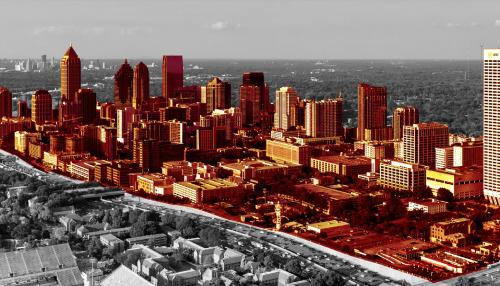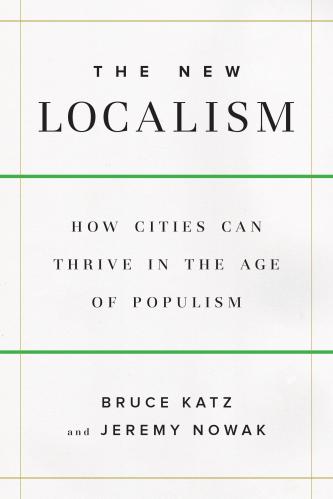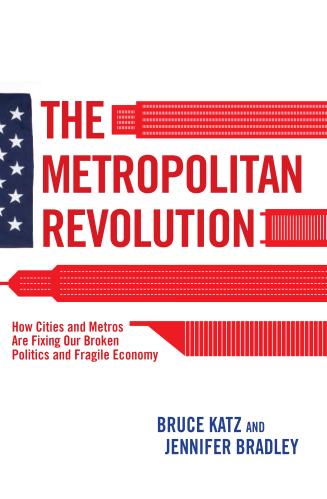When more than 40 mayors from cities around the world gathered in the fjordside city of Stavanger, Norway for the second Global Parliament of Mayors, two topics dominated the discussions: power and problem solving. The agenda included the usual sweep through the most pressing issues cities face today — refugee resettlement, safety and security, resilience to withstand the effects of climate change.
But the convening’s attention to urban governance arrangements and the powers that enable and constrain mayors to rise to meet these challenges set the convening apart. As Cape Town Mayor Patricia DeLille, newly appointed chair of the Global Parliament is fond of saying, “mayors don’t just talk, we actually DO.”
Launched in The Hague in 2016 after years of organizing efforts by the late political theorist Benjamin Barber and a small cadre of activist mayors and expert advisers, the Global Parliament of Mayors is an action-focused body by design. The power of cities and the mayors who lead them comes from the force of their activity and actions: economic, political, social. The Global Parliament of Mayors aims to empower cities and their leaders by identifying concrete actions they can take – individually and collectively – to channel and amplify these forces to into stronger city decision-making powers to address pressing common governance challenges.
One major purpose of the Global Parliament is to help mayors identify ways to advance global urban priorities in the face of nationalist and protectionist policies.
The low-hanging fruit is collective commitments to strengthen city responses to shared challenges. Examples abound of cities taking action in the absence of leadership from state and national governments, or in the face of opposition from them: city covenants to commit to Paris Agreement climate targets, or sanctuary city policies to protect and care for refugees and undocumented migrants.
But a formal pillar of the Global Parliament’s agenda is to fight for “the right of cities to self-governance.” This focus on identifying concrete ways to help cities and the mayors who lead them to overcome limits to their formal powers is what sets the Global Parliament of Mayors apart from other city leadership networks. Atlanta Mayor Kasim Reed made a pointed call for the GPM’s distinctive purpose: “The only way we’re going to have a voice big enough to focus on cities instead of nation states is having a unified body where we can think and work and plan. If we don’t have an organization like this we will continue to be relegated to second class status with respect to nation states.”
A firm advocacy agenda is still in development, but a set of of prioritized actions is emerging. Strengthen devolution and metropolitan governance agendas, such as those underway in England, Chile, and France. Advocate for enhanced fiscal powers and fairer share of revenues to deliver on the infrastructure and services that allow states and nations to thrive. Create meaningful channels for public engagement in urban governance. Maximize the voice and vote of local governments in the international institutions setting and implementing urban development agendas, such as the United Nations’ Sustainable Development Goals and New Urban Agenda.
The second meeting of the Global Parliament of Mayors strengthened the foundation of this still-nascent body and set ambitious goals for the future. It hopes to grow to 90 mayor or city members by the time the next Parliament convenes in Bristol in 2018, and to 1,000 members by 2030. In the meantime, the Global Parliament will be working to formulate and advance specific actions to support its member mayors and their cities in their push to gain powers and authorities matched to the scale of the responsibilities in their hands.
Benjamin Barber believed in the force and legitimacy of cities as political actors in their own right, and saw earlier than many that their role relative to states and nations would have to shift. He would have applauded the conversations in Stavanger and the clear push for cities to take forceful and decisive action on the most pressing issues of our time.
The Brookings Institution is committed to quality, independence, and impact.
We are supported by a diverse array of funders. In line with our values and policies, each Brookings publication represents the sole views of its author(s).







Commentary
Power and problem solving top the agenda at Global Parliament of Mayors
September 29, 2017